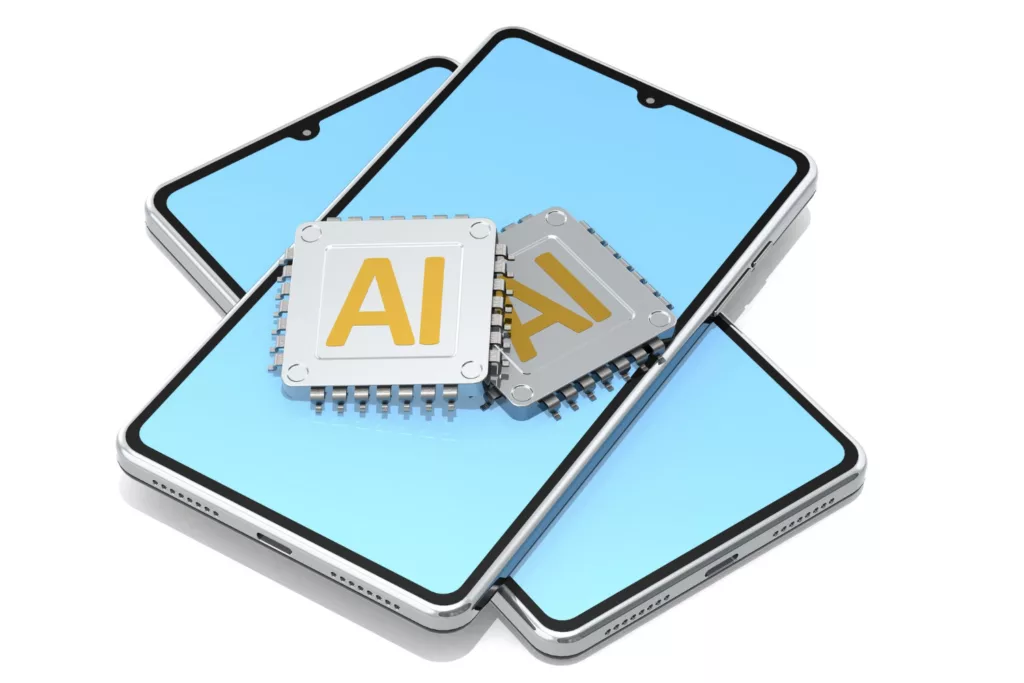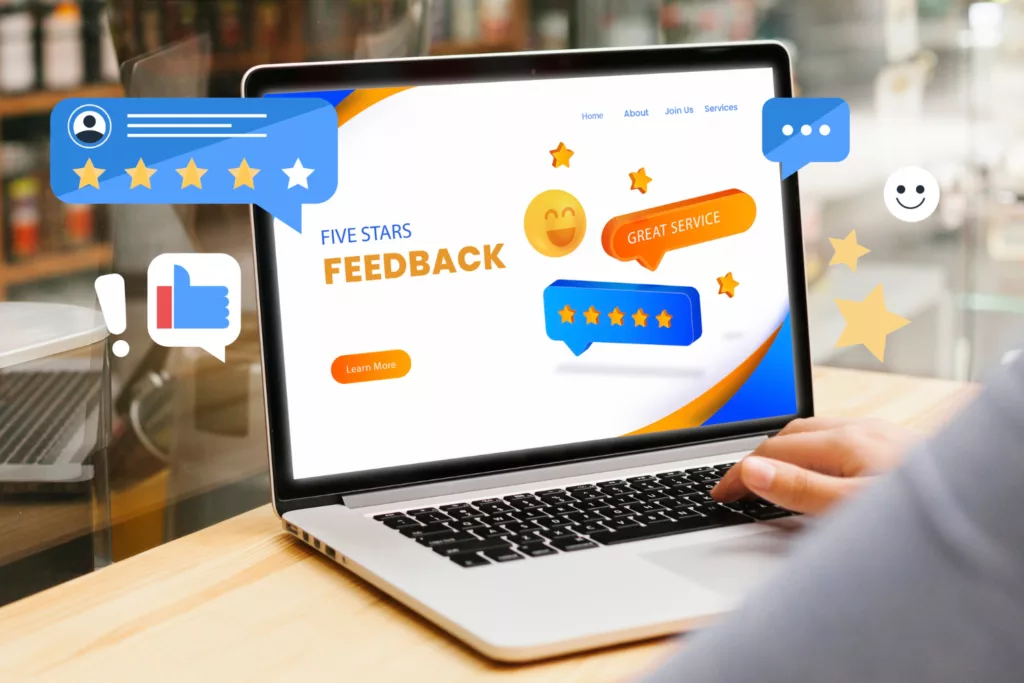Artificial intelligence (AI) has emerged as a transformative force in various industries, and education is no exception. With its ability to analyze data, make predictions, and automate tasks, AI has the potential to revolutionize teaching and learning experiences. In this article, we will explore the impact of artificial intelligence in education, examining examples and applications that showcase its potential.
Introduction
Artificial intelligence encompasses a wide range of technologies and techniques that simulate human intelligence. In education, AI can enhance teaching and learning processes, optimize personalized learning experiences, and improve overall educational outcomes. By leveraging AI, educators can gain valuable insights into student performance, deliver customized instruction, and create engaging learning environments.

Personalized Learning with AI
One of the most significant impacts of AI in education is personalized learning. AI algorithms can analyze vast amounts of data, including student performance, learning preferences, and individual needs. This data analysis enables the creation of tailored learning pathways, adaptive content, and personalized recommendations. With AI-powered platforms, students can learn at their own pace, focus on areas of weakness, and receive targeted support, resulting in improved learning outcomes.
Intelligent Tutoring Systems
Intelligent tutoring systems leverage AI to provide personalized guidance and support to students. These systems can assess students’ knowledge levels, identify areas of difficulty, and offer interactive lessons and practice exercises. By adapting the instruction to individual needs, intelligent tutoring systems promote self-directed learning, help students overcome challenges, and enhance their understanding of complex concepts.
Automated Grading and Feedback

AI can automate the grading process, saving educators time and providing students with prompt feedback. Machine learning algorithms can evaluate assignments, quizzes, and exams, ensuring consistency and objectivity in grading. Automated feedback allows students to understand their strengths and weaknesses, make improvements, and track their progress more effectively.
Adaptive Learning Platforms
AI-powered adaptive learning platforms use data analytics and machine learning algorithms to customize learning experiences. These platforms track students’ progress, identify knowledge gaps, and deliver targeted content and resources. By adapting the difficulty level, pace, and sequencing of content, adaptive learning platforms ensure that students receive the most relevant and challenging material, maximizing their learning potential.
Natural Language Processing in Education
Natural language processing (NLP) enables computers to understand and process human language. In education, NLP can facilitate language learning, automate language assessments, and provide language support to students. AI-powered language learning tools can analyze pronunciation, grammar, and vocabulary usage, offering real-time feedback and personalized recommendations for improvement.
Virtual Assistants in the Classroom
Virtual assistants, powered by AI, can enhance classroom experiences by providing instant support and answering student questions. These voice-activated assistants can assist with research, offer explanations, and provide access to relevant information. Virtual assistants create a more interactive and engaging learning environment, fostering student curiosity and independent inquiry.
AI-Enhanced Content Creation
AI can assist educators in creating and delivering engaging learning content. AI-powered tools can generate interactive lessons, videos, and assessments, making content creation more efficient and scalable. Additionally, AI algorithms can analyze existing educational resources and recommend the most effective materials for specific learning objectives and student profiles.
Ethical Considerations in AI Education

As AI becomes more prevalent in education, it is crucial to address ethical considerations. Data privacy, algorithmic bias, and transparency in decision-making are important aspects that need to be carefully managed. Educators and policymakers must ensure that AI technologies are used responsibly, considering the ethical implications and promoting inclusivity and fairness in educational settings.
Conclusion
Artificial intelligence has the potential to transform teaching and learning, providing personalized experiences, improving instructional support, and enhancing educational outcomes. Through personalized learning, intelligent tutoring systems, automated grading and feedback, adaptive learning platforms, NLP applications, virtual assistants, and AI-enhanced content creation, educators can leverage AI to create engaging and effective learning environments. However, it is crucial to address ethical considerations and ensure the responsible use of AI technologies to promote fairness, inclusivity, and the best interests of learners.
Frequently Asked Questions
Answer: AI personalizes learning by analyzing data on student performance, learning preferences, and individual needs. It creates tailored learning pathways, adaptive content, and personalized recommendations, allowing students to learn at their own pace and focus on areas of weakness.
Answer: Intelligent tutoring systems use AI to provide personalized guidance and support to students. They assess students’ knowledge levels, identify areas of difficulty, and offer interactive lessons and practice exercises tailored to individual needs.
Answer: AI automates grading by using machine learning algorithms to evaluate assignments, quizzes, and exams. It provides consistent and objective grading, saving educators time. Automated feedback helps students understand their performance and make improvements.
Answer: Adaptive learning platforms use AI and data analytics to customize learning experiences. They track students’ progress, identify knowledge gaps, and deliver targeted content and resources. Adaptive platforms adapt the difficulty level, pace, and sequencing of content to individual needs.
Answer: Ethical considerations in AI education include data privacy, algorithmic bias, and transparency in decision-making. It is important to ensure the responsible use of AI technologies, prioritize inclusivity, and address the potential ethical implications associated with AI in educational settings.
